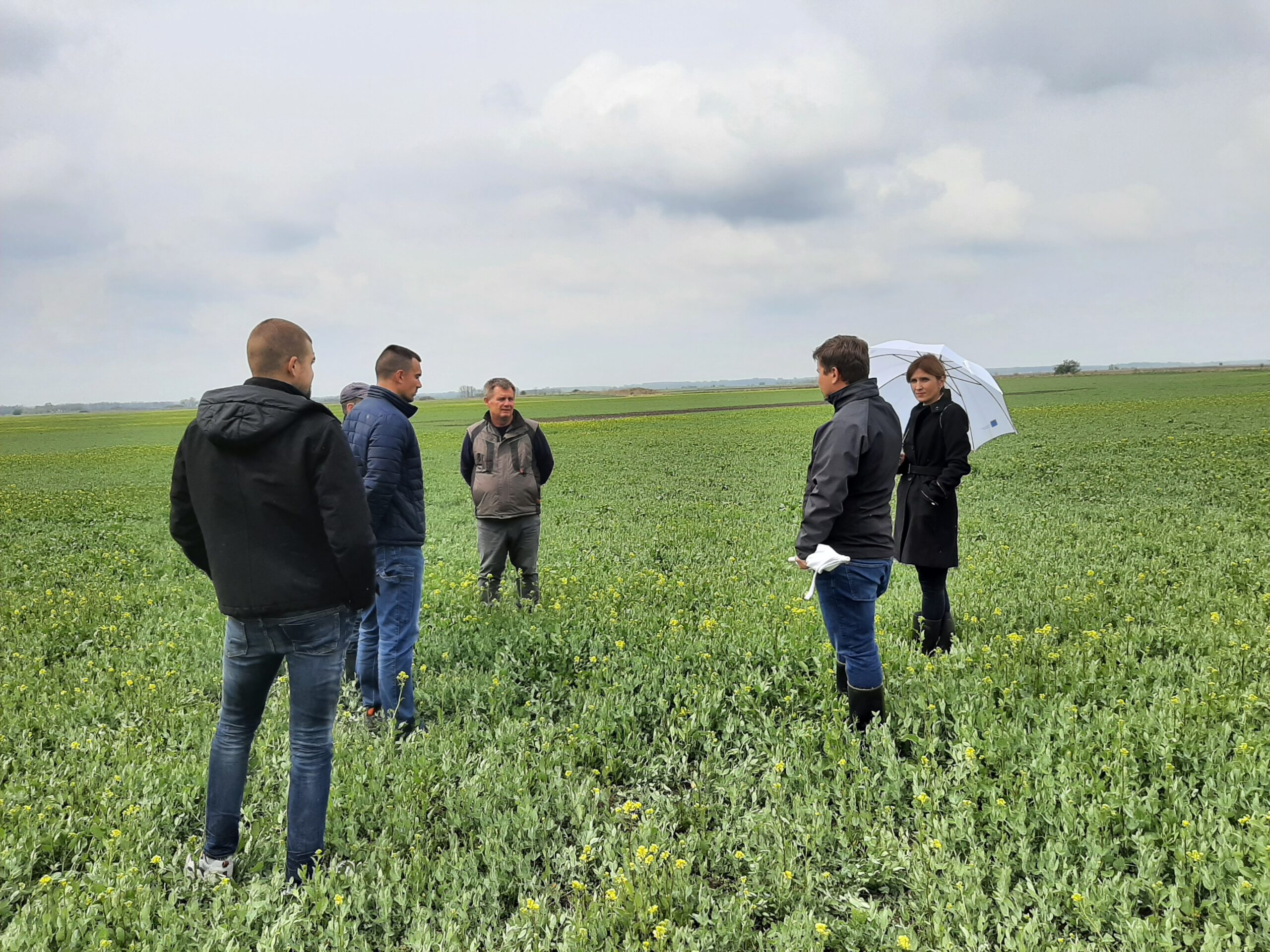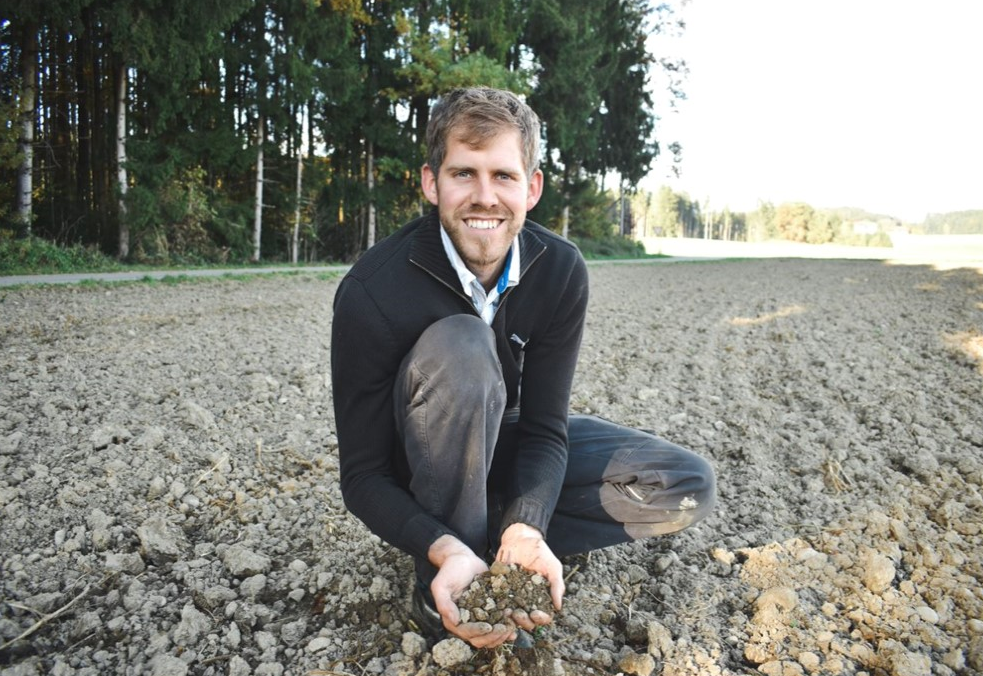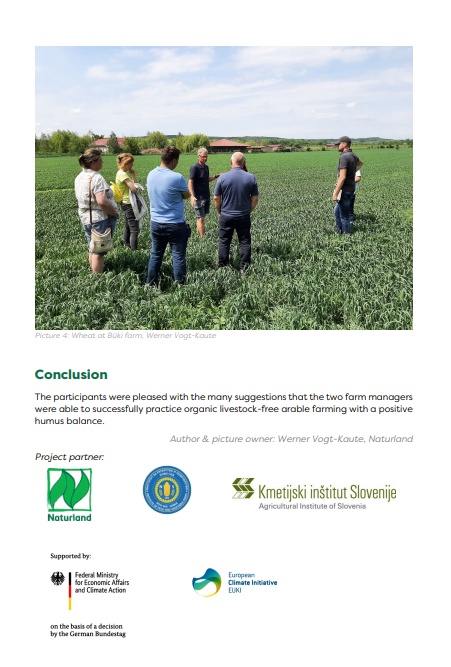Improving C-Balances in Organic Farms
Spreading the necessary knowledge to increase carbon sequestration on farms in Slovenia and Serbia.
Agriculture Carbon Removals and Sinks Soils

Project info
Serbia, Slovenia
09/21 - 12/23
Educational institutions, Local governments, Regional governments, Associations, Civil society
117,999.66 €
Contact info
Vogt-Kaute Werner
- Agricultural Institute of Slovenia
- Institute of Field and Vegetable Crops
Background
Agriculture is a driver of climate change, but it is also one of the sectors most affected by it: changes in temperature and precipitation as well as weather extremes are influencing crop yields and livestock productivity. In addition to shortened growing periods and water shortages, these are just some of the negative effects prevalent in the target countries. At the same time, farms can contribute significantly to reduced greenhouse gas emissions: improved land management and the improvement of soils enable CO2 sequestration in humus and thus a reduction of greenhouse gas levels.

Project
The project team aims to increase knowledge and to enable the practical experience that are required to direct cultivation methods towards increased CO2 sequestration. It targets farmers, agricultural advisors, and a variety of actors involved at different stages of the agricultural value chain such as traders, logistic providers and retail managers. The project team sets up six demonstration trials and evaluates the data collected throughout them. Their aim is to showcase best practice on the buildup of humus through legumes, agroforestry, lucerne and clover. Furthermore, the team offers trainings to increase knowledge on the methods and techniques for improved carbon sequestration, especially on livestock-free farms, for target group members. Additionally, two videos, integrated in Naturland’s training platform, and several articles in agricultural magazines spread knowledge on CO2 sequestration beyond the target group.
Last update: July 2024

